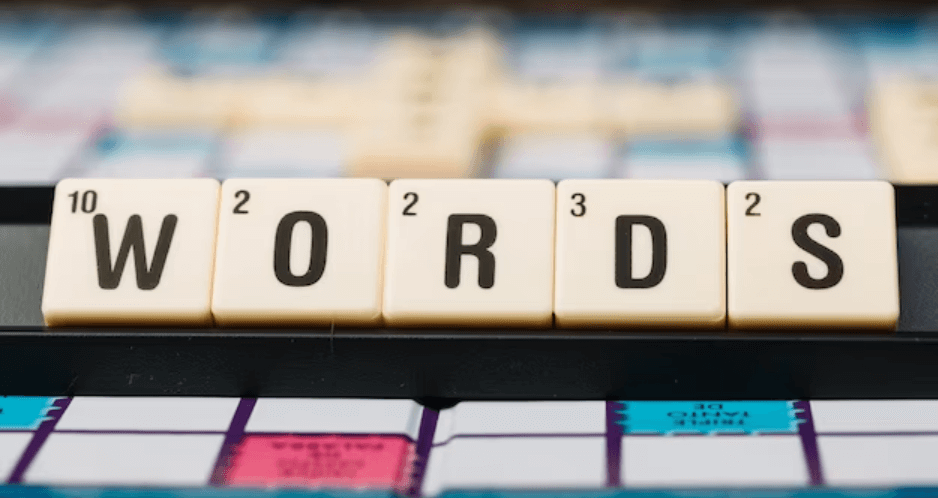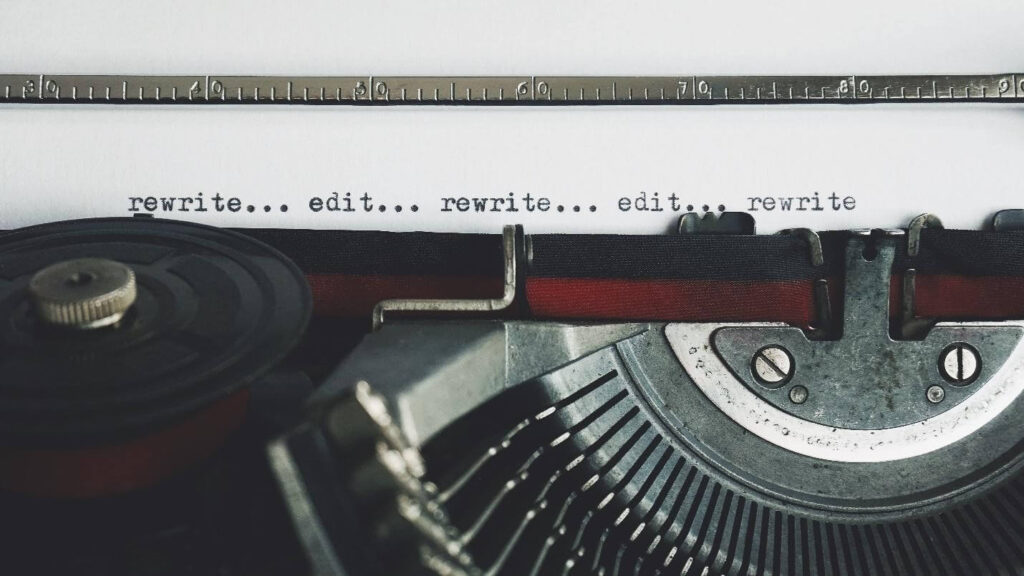A book writer has to edit the manuscript several times to get the best results. Things get challenging because not all good writers are good editors to edit your book. Publishing a book from its first draft is an impossible thing to do. Before sending it to a publishing company, you must edit, proofread, and format the text. Editing adds value to your writing, adding finesse to your writing.
When a reader picks up a book in a store, they expect it to be error-free and easy to read since they are paying a certain amount for that. When they don’t find it worth the value, they don’t buy it. Even if they do invest their money in it, they will leave a bad review, tarnishing a writer’s reputation.
An unedited manuscript is bound to contain mistakes such as typos, redundancies, language inaccuracies, and much more. Sometimes the text is not justified, and other times the fonts are inconsistent. It gives a bad impression to the reader. To get a reader hooked, you must ensure the writing is flawless and error-free.
A strong plot makes it a good story, while precise editing makes it a good book.
Editing is a basic part of the writing profession. Many authors edit their books themselves, while some seek help from professionals. In both cases, self-editing remains a focal point of your writing. After typing out your manuscript, edit it yourself before sending it to the editors and publishing firms. Self-editing your book can help you pinpoint errors in your work so that you can take care of these mistakes in the future.
This blog will walk you through some tips that you should know before editing your book. If you are a self-editor, give it a read.
Take a break

Writing a book can be exhausting. Take some time away from your desk before jumping toward editing. Taking breaks does not mean a few hours or a day. Hold it for a week or a few more days to get the ideas running. Go for a trip or a small getaway to take your mind off your book. Collect ideas, perspectives, and views of others, then start your self-editing journey. It will help you process your thoughts differently, and you will approach the topic from another perspective.
Omit words that break the flow

Revise your manuscript for any spelling mistakes and repetitive words. The choice of words matters a lot while writing a story. A writer should understand homonyms to avoid changing the context of sentences. Also, using synonyms without knowing the meanings can also break the flow and ruin the essence. Try to read the entire manuscript to ensure the writing flows.
Listen and understand

Revisions never go to waste. Every time you read the topic, you will get a new idea of how to write it. Once you have edited your first draft, read it aloud to see if the text makes sense. You can ask a friend to read it or use an app to listen to your writing. Focus on the words and decide whether the manuscript makes sense or not.
Avoid overcomplicating the sentences

Too many words to describe a single thing ends up boring to a reader.
A book writer should adopt a straightforward and crisp tone. When you describe a concept in a ‘beautiful,’ ‘extravagant,’ ‘prim,’ ‘endearing,’ and ‘wonderful’ manner, you lose its true meaning. The sentence becomes overloaded and loses its direction.
Writing a book is like feeding the brain a piece of information. When you write a book, using too many adjectives will only confuse the reader. It is like skimming through the pages without understanding a thing. Limit your writing to only one to two adjectives to describe anything. Also, avoid stuffing the dialogues with adverbs.
When a sentence has a lot of words, the reader forgets the context of the sentence midway. Wordiness makes a write-up boring. The reader is not hooked to the book and may even lose interest.
Using the right punctuation

Punctuation can change the intent and meaning of your sentences. You can use punctuation to emphasize something or describe a certain emotion, but putting a comma after every sentence or an exclamation mark to emphasize certain words can make the text look forced and incorrect.
Grammatical errors

Grammatical errors are bound to happen since not everyone has grammar rules at their fingertips. But you should know which form of the verb goes with did and what tense should be used to talk about past events. Nowadays, many apps help you correct these errors with added explanations.
Impostor syndrome

Editing is good, but over-editing your text to match a certain standard will kill your passion.
You cannot compare a book written by a new author to someone who has been writing for decades. Everyone possesses a different writing style and pace. It is an unrealistic standard and will only discourage you from improving your writing style.
Accuracy

Maintain the structural integrity of your work by reading it line by line. If you are writing a book inspired by real events, try to match the real-life details as closely as possible. Cite credible sources, stats, and research to link your claims and opinions. If you’re writing a fiction book, look for plot holes. Ensure all the scenarios are connected and make sense in the end.
Formatting

A formatted manuscript is easy to read and makes it easier for the readers to understand the book’s deeper meaning. Make sure you send a word document with a standard font style and size. Usually, Times New Roman with a font size of 12 is considered ‘standard.’
Insert page breaks before every new chapter, avoid adding indents to new paragraphs, and look out for any double spacing between the lines. It gives a professional look to your manuscript, and the publishing company also works seriously to produce a refined result.
Conclusion
Self-editing needs three things: focus, passion, and patience. Focus on your text’s accuracy, grammar, and structure. Make sure it sounds coherent and accurate, remove confusing and wordy sentences, and pay attention to the book’s formatting. Another thing you need is a passion for improving to get the reader hooked to your book. You can only do that by revisions, which requires patience. Most self-editors lack this element and end up not even proofreading their first drafts.
Once you have done your part as an editor and writer, you must find a publishing company. You can go for self-publishing since it is less time-consuming and gives you more control over your book. AMZ publishing caters to all your requirements and provides you with the best versions of your published work. Contact us now to get your book published.

